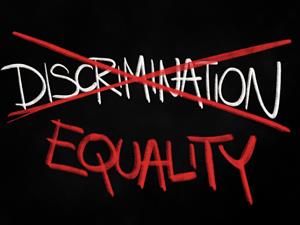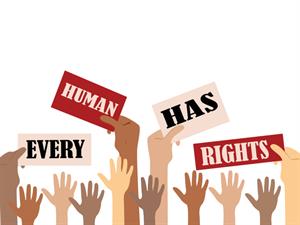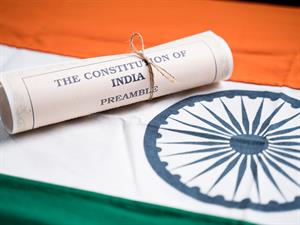
PUMPA - SMART LEARNING
எங்கள் ஆசிரியர்களுடன் 1-ஆன்-1 ஆலோசனை நேரத்தைப் பெறுங்கள். டாப்பர் ஆவதற்கு நாங்கள் பயிற்சி அளிப்போம்
Book Free DemoRemedial measures for abolishing inequality and discrimination:
We can eliminate the inequality and discrimination in Indian society by following:
- Basic services like healthcare and education must be accessible by everyone.
- Be aware of current gender bias.
- Gender disparity can be eradicated by making women more visible in public life and institution.
- Be open to learning about other religions.
- Promoting community dining in the classroom may help students sit together without any bias of caste, religion, or gender.
- Socialise with people of all types outside home, offices.
- Effective implementation of laws.

A Constitution is a set of rules and regulations guiding the administration of a country.
Important!
Article 14 of India's Constitution provides equality before the law or equal protection within the territory of India and prohibits unreasonable discrimination between persons.
India is a land of diversity, so our Constitution ensures equality for all. To ensure equality in society, we need to ensure two things: respecting diversity and ensuring freedom. The different kinds of freedom are
- Freedom to follow their religion,
- Freedom to speak their language
- Freedom to celebrate their festivals
- Freedom to express their views freely.

The Constitution is a legal framework of rules and regulations by which a nation would function.
Equality can be achieved only when untouchability is seen as a crime. According to Indian Constitution,
Equality can be achieved only when untouchability is seen as a crime. According to Indian Constitution,
Important!
Article 17 - Untouchability is abolished, and its any form is forbidden.

Indian Constitution prohibits untouchability and discrimination in all forms; yet, women, peasants, tribes and people from lower social classes are still striving for equality in India.